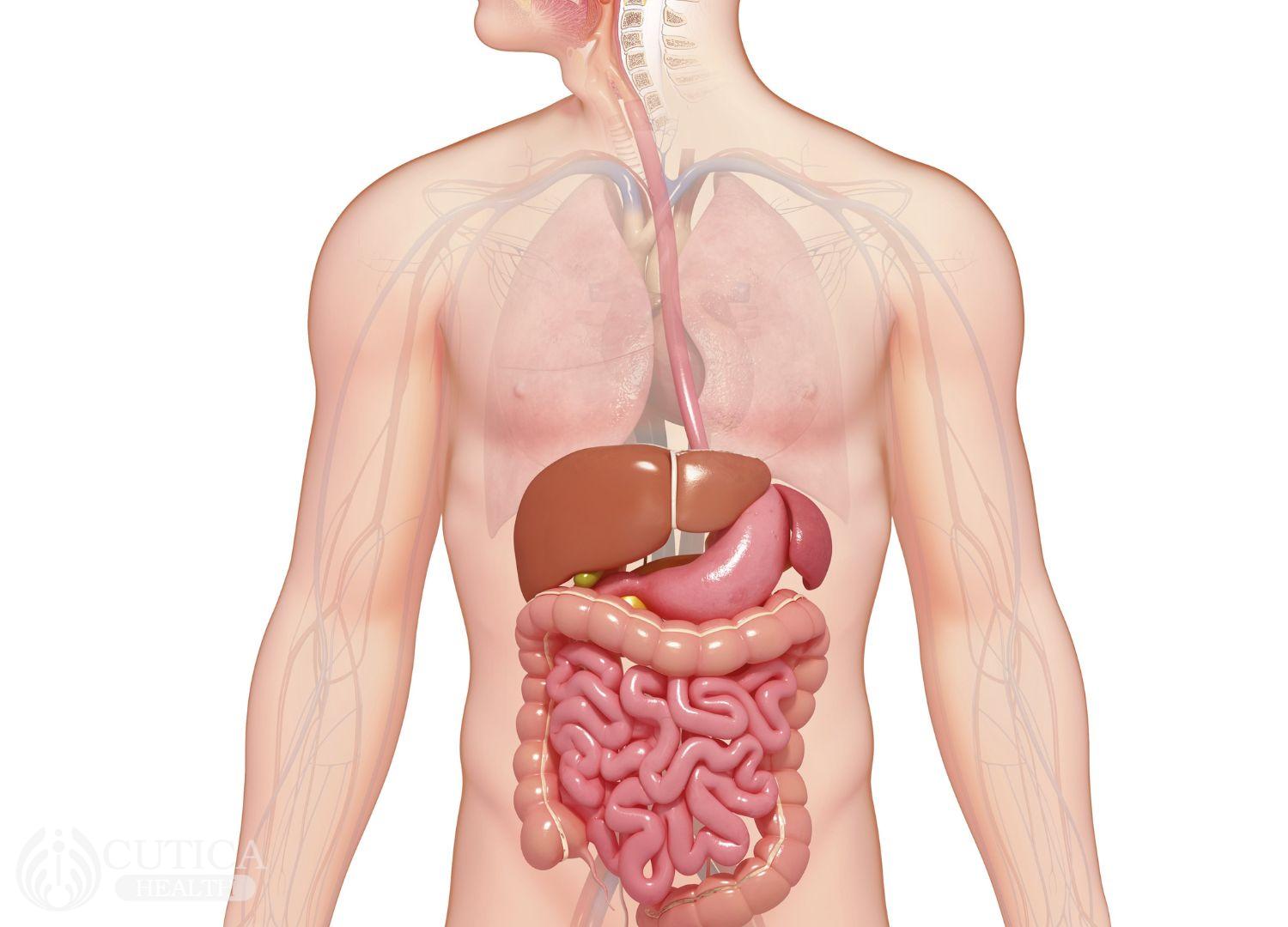Fifunmi rushed to the toilet, yet again, as she felt the pressure build up within her stomach. She feels like she is about to explode for the fifth time this morning. She rethinks what she ate last night. It was nothing unusual, except the suya Deji, her brother, brought home, from which she took just two pieces of meat. Deji must be held responsible for this; she washes up and stands to go and accuse him. But the abdominal discomfort hits her again, and she rushes back to the toilet.
Introduction
Acute diarrhoea, characterized by the sudden onset of loose, watery stools, is a common issue in adults. While often a temporary inconvenience, it can be a source of discomfort and concern.
Understanding Acute Diarrhoea
Acute diarrhoea, typically lasting a few days to two weeks, can be caused by various factors. Understanding the root causes is essential for effective management.
Common Causes:
- Infections: Bacterial, viral, and parasitic infections are common culprits. Contaminated food or water, exposure to infected individuals, or poor hygiene can lead to infection-related diarrhoea.
- Dietary Factors: Overindulgence in certain foods or beverages, food allergies, or intolerances can trigger acute diarrhoea.
- Medications: Antibiotics, laxatives, and certain other medications can disrupt the normal balance of gut bacteria and lead to diarrhoea.
- Stress: Emotional stress and anxiety can impact bowel function, leading to diarrhoea in some individuals.
- Gastrointestinal Disorders: Conditions like irritable bowel syndrome (IBS), Crohn's disease, or celiac disease may cause recurrent episodes of diarrhoea.

Recognizing Symptoms
Symptoms of acute diarrhoea may vary in severity, but common indicators include:
- Frequent, loose, and watery stools
- Abdominal cramps or discomfort
- Urgency to have a bowel movement
- Nausea and vomiting
- Slight fever (in infectious cases)
- Dehydration, characterized by dry mouth, decreased urination, and fatigue
It's crucial to identify these symptoms to determine the appropriate course of action for managing acute diarrhoea.
Treatment and Management
- Hydration: Staying hydrated is paramount. Diarrhoea can lead to significant fluid loss, which can result in dehydration. Consume clear fluids like water, clear broths, and oral rehydration solutions to replenish lost fluids and electrolytes.
- Dietary Adjustments: Avoid spicy, fatty, or dairy-heavy foods, as they can exacerbate diarrhoea. Opt for bland, easily digestible foods like rice, bananas, applesauce, and toast (the BRAT diet).
- Over-the-Counter Medications: Antidiarrhoeal medications like loperamide (Imodium) can help reduce the frequency of bowel movements. However, consult a healthcare professional before using these medications, especially if you have a high fever, bloody stools, or the diarrhoea started after using antibiotics.
- Rest: Allow your body time to heal. Rest and reduce physical activity to minimize stress on the digestive system.
- Probiotics: Probiotic supplements or foods like yogurt containing live cultures can help restore the balance of beneficial gut bacteria disrupted by diarrhoea.
- Avoid Triggers: Identify and avoid the triggers that led to acute diarrhoea. If a specific food or medication caused the issue, steer clear of it in the future. If you are like Fifunmi, avoid suya.
When to Seek Medical Attention
While acute diarrhoea often resolves on its own, it's essential to recognize situations where medical attention is necessary:
- Severe dehydration symptoms (extreme thirst, dry skin, confusion)
- Persistent diarrhoea lasting longer than two weeks
- High fever, severe abdominal pain, or blood in stools
- Signs of an underlying medical condition
- Weakened immune system due to a chronic illness or medications

In these cases, consult a healthcare provider for proper evaluation and treatment.
Conclusion
Acute diarrhoea in adults is a common digestive ailment that can be caused by a variety of factors. Understanding the causes, recognizing symptoms, and implementing effective treatment strategies are essential for a swift recovery. Remember to prioritize hydration, dietary adjustments, and rest, and seek medical attention when necessary to ensure a safe and healthy resolution of acute diarrhoea. By following these guidelines, you can regain your digestive health and minimize the impact of this common ailment on your daily life.


